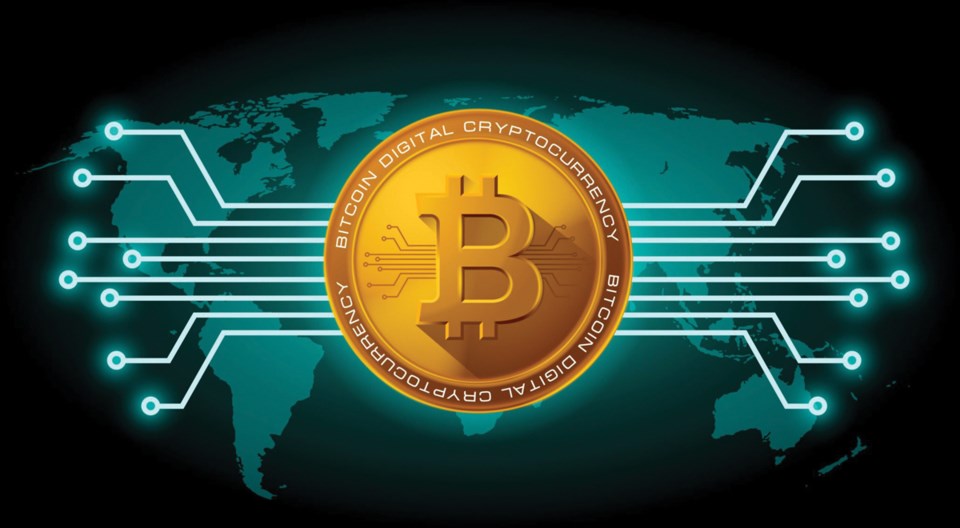Chances are you have heard of Bitcoin, especially when an investment of $1,000 in the digital currency in 2015 generated a return of $100,000 in December of 2017! And depending on what you read, Bitcoin and other digital currencies (cryptocurrencies) are either going to revolutionize banking and global economics, or prove to be a massive fraud.
But what many in the media or general public are missing is that the underlying technology behind cryptocurrencies – blockchain – is where all the action is. In fact, many are predicting that the transparent, distributed and decentralized trust-networks created by blockchains will revolutionize so many areas of technology, commerce, information systems, healthcare, voting and personal information that the disruptions will be on par with the personal computer in the ’80s or the Internet in the ’90s.
Much like the foundational TCP/IP protocol led to the Internet, some are beginning to refer to blockchains as the foundation technology for Internet 3.0. Every major banking institution and most if not all the major technology corporations in the world are investing billions right now into blockchain technology.
So what exactly is a blockchain and how can it form the basis of so much potential change across so many areas of technology, finance and information? Unfortunately blockchain is a complex technology that is difficult to explain in a few words. But think of a spreadsheet (database or ledger) that is duplicated thousands of times across a trusted network. Then imagine this network is designed to regularly update the spreadsheet in a secure manner through a process of consensus, complex mathematics and with everyone participating equally and no central authority. This is the (very) basic concept of a blockchain.
What this could mean in a practical sense is that you will soon be able to fully control, manage and secure your private information like health records and the personal data you share online through Facebook and other forms of social-media and instant messaging. Blockchains could eliminate the need for many trusted middleman services like banks, lawyers, supply chain management services, real-estate brokers, etc. Many of the accuracy, security and other tampering concerns with regards to voting could be all but eliminated with blockchain technology.
Like many new technologies, weeding out the misinformation from the facts can be a challenge, especially with complex technologies like cryptocurrencies and blockchains. So if you are interested in learning more about investing in Bitcoin, what are some of the risks related to fraud and how blockchain technology may trigger the biggest technology disruption so far in the 21st century, join four experts at the Gibsons Public Library at 1:30 p.m. on Saturday, July 23. More information can be found on Gibsons Library Facebook Page.
– Submitted by Johnny Stork
Johnny Stork has been a consultant and analyst in various sectors of the technology industry for over 30 years, particularly emphasizing the Linux operating system and other open-source solutions.



